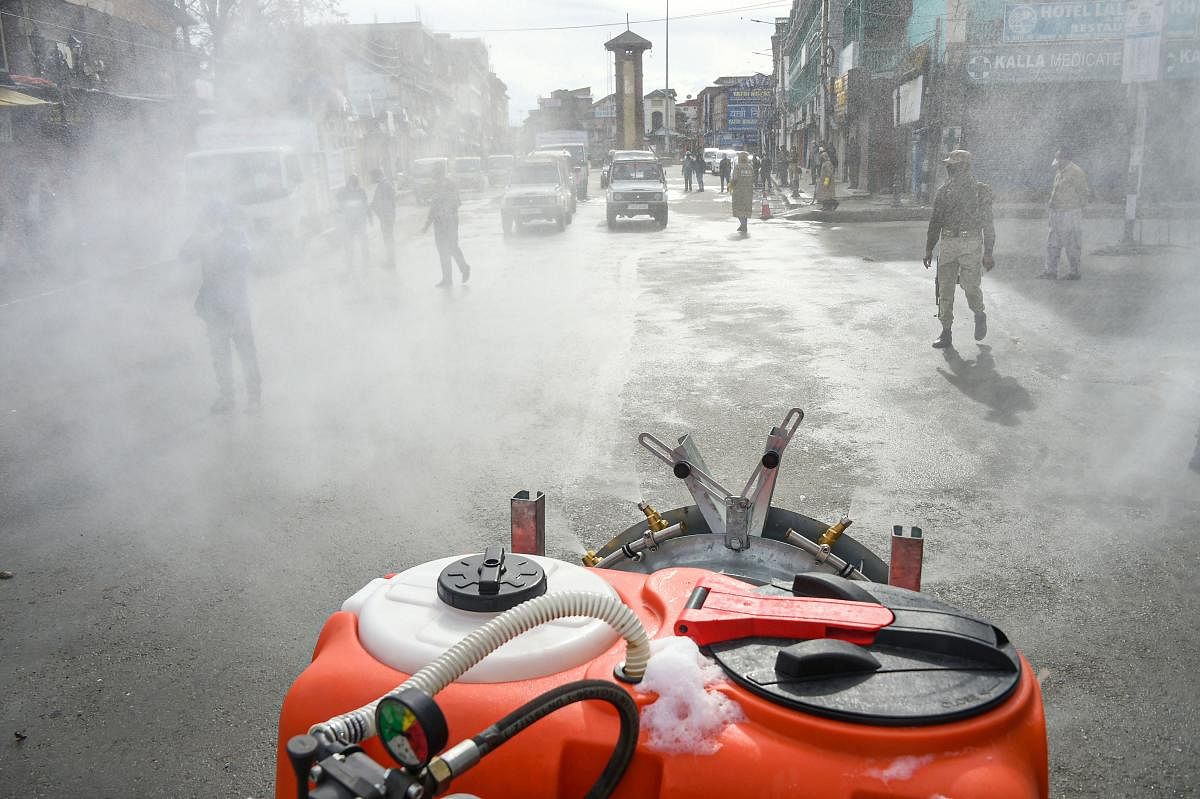The new domicile rules notified by the Centre last week have been met with opposition in Kashmir even in these restrained times. The abrogation of Article 370 and Article 35A, effected on August 5 last year, had created fears among the people about a forced change in the demographic composition of the erstwhile state. But the government had allayed such fears. Last month, Prime Minister Modi had assured a delegation of the newly formed Jammu & Kashmir Apni Party about this. But even that party, which is thought to have the government’s blessings, has found the new domicile rules "totally unacceptable’’. The National Conference (NC) and the People’s Democratic Party (PDP) have opposed them. The rules will lead to loss of some rights and privileges the residents of all parts of the erstwhile state have enjoyed till now.
The new rules have diluted the 1954 law of the then state which had defined its permanent residents as subjects of the state at that time, their descendants and those who had lived and owned land there for 10 years before that. They have a widened the scope of the idea of domicile. Those who have lived there for 15 years, those who have studied there for seven years, written Class 10 or Class 12 examinations, their children and Central government officials who have served for 10 years and their children are now eligible to be domiciled. Migrants registered with the state will also be considered domiciles. That means domicile status is no longer an exclusive matter of birth. The provision that reserved only lower-level jobs for domiciles has since been dropped, following criticism, but the overall message is clear. The demographic protection and other rights related to land, jobs etc, enjoyed by the residents till now, do not look as strong as they were. The opening up of the erstwhile state to those outside its territory, as envisaged in the new rules, maybe slow but it is real.
These are natural corollaries of the scrapping of the special status of Kashmir, and it was expected that the government would go in for them sooner or later. But the haste with which it issued the notification was a surprise. Unexpectedly, the move came at a time when the country and even Kashmir is preoccupied with the fight against COVID-19. The government also did not hold any consultations with the leaders or any representative body from Kashmir before finalising the rules, nor has it made any explanatory statement. There is bound to be a lot of unhappiness about this move in all parts of the erstwhile state.
